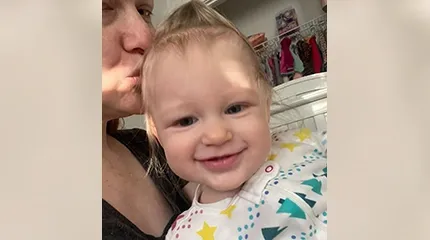Paperless Billing Announcement: Arabic
عزيزنا المريض الكريم:
بدءًا من 1 أبريل 2025، سيقوم مركز UMass Memorial Health تلقائيًا بتسجيل جميع المرضى في برنامج الفوترة الإلكترونية إلا إذا اختاروا عدم الاشتراك مسبقًا. تسهل الفوترة الإلكترونية إدارة حسابك عبر الإنترنت متى شئت، وتساعدنا في تقليل استخدامنا للورق وتساهم في جهودنا لدعم البيئة.

